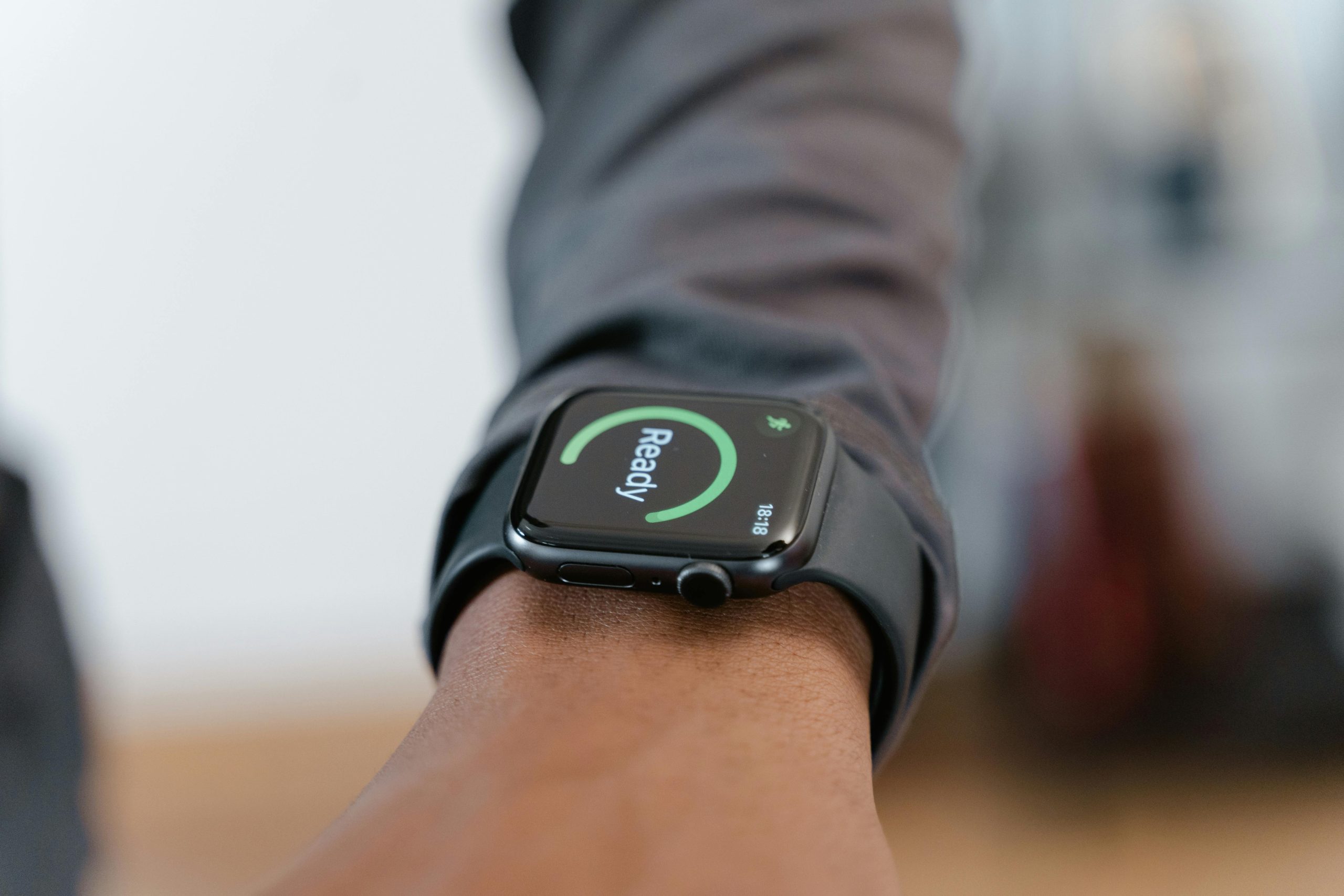Smart technology is revolutionizing industries across the globe, and home construction is no exception. With advancements in artificial intelligence, automation, and the Internet of Things (IoT), smart technology is shaping how homes are designed, built, and managed. From improving energy efficiency to enhancing security, the integration of smart tech in home construction is not just a trend—it’s the future. Here’s an in-depth exploration of how smart technology is transforming the home construction industry.
| Aspect of Construction | Smart Technology Used | Benefits |
|---|
| Design and Planning | Building Information Modeling (BIM) | Reduces errors, improves planning, supports eco-friendly designs |
| Energy Efficiency | Smart thermostats, solar integration, energy monitoring | Lowers energy costs, reduces carbon footprint |
| Construction Automation | Robotic bricklaying, 3D printing | Speeds up construction, reduces costs and waste |
| Smart Materials | Self-healing concrete, thermochromic windows | Enhances durability, reduces maintenance needs |
| Home Security | IoT-based smart locks, AI-powered cameras | Ensures safety, offers remote monitoring |
| Sustainability | Waste tracking systems, recyclable materials | Minimizes environmental impact, aligns with global goals |
| Personalized Living | Voice assistants, customizable lighting, integrated ecosystems | Enhances comfort and convenience, provides tailored experiences |
| Project Management | Drones, AI scheduling, real-time analytics | Increases efficiency, ensures on-time delivery, improves quality control |
1. Smart Design and Planning
Advanced Building Information Modeling (BIM)
Building Information Modeling (BIM) leverages smart technology to create digital representations of a building’s physical and functional characteristics.
- Enhanced Visualization: Architects and builders can simulate structures in 3D, allowing for better planning and coordination.
- Cost and Time Efficiency: BIM reduces errors, avoids costly rework, and optimizes project timelines.
- Sustainability: Smart BIM tools can simulate energy usage, helping to design eco-friendly homes.
Impact: By streamlining the design process, BIM ensures homes are built with precision and sustainability in mind.
2. Energy-Efficient Smart Homes
Smart Energy Systems
Energy efficiency is a key focus in modern home construction, and smart technology is leading the charge.
- Smart Thermostats: Devices like Nest and Ecobee learn user preferences and adjust heating and cooling for optimal energy savings.
- Solar Integration: Smart inverters and energy management systems optimize solar energy usage.
- Energy Monitoring: Homeowners can track energy consumption in real-time through apps, identifying inefficiencies.

Impact: Smart energy systems not only reduce utility bills but also lower the home’s carbon footprint.
3. Construction Automation
Robotics and 3D Printing
Automation is revolutionizing how homes are built, with smart robots and 3D printers now playing crucial roles.
- Robotic Bricklaying: Robots like Hadrian X can lay thousands of bricks with precision, reducing construction time and errors.
- 3D Printed Homes: 3D printing technology creates entire structures quickly, cost-effectively, and with minimal waste.

Impact: Construction automation enhances efficiency, reduces labor costs, and minimizes waste, making housing more affordable and sustainable.
4. Smart Materials
Self-Healing and Adaptive Materials
Smart materials are engineered to improve durability and adaptability.
- Self-Healing Concrete: Infused with bacteria or polymers, this concrete repairs cracks automatically, extending the lifespan of structures.
- Thermochromic Windows: These windows adjust their tint based on external temperatures, reducing heating and cooling needs.
Impact: Smart materials contribute to long-term savings and reduce maintenance costs for homeowners.
5. Enhanced Home Security
IoT Security Systems
Security is a top priority for homeowners, and smart technology is delivering cutting-edge solutions.
- Smart Locks: Devices like August and Schlage allow for keyless entry, remote access, and activity tracking.
- Surveillance Systems: AI-powered cameras can detect unusual activity, alert homeowners, and even distinguish between humans and pets.
- Connected Alarms: These systems integrate with smartphones, ensuring homeowners can monitor their property anytime, anywhere.
Impact: Smart security systems provide peace of mind and ensure safer living environments.
6. Sustainable Construction Practices
Waste Reduction and Recycling
Smart technology enables sustainable practices throughout the construction process.
- Construction Waste Tracking: Apps and sensors monitor and minimize construction waste.
- Recyclable Materials: Smart systems facilitate the use of materials that can be recycled post-construction.
Impact: These practices align with global sustainability goals and reduce the environmental impact of construction.
7. Personalized Living Experiences
Smart Home Automation
Smart homes are becoming increasingly personalized, offering convenience and luxury through automation.
- Voice Assistants: Devices like Alexa and Google Home control lights, appliances, and entertainment systems via voice commands.
- Customizable Lighting: Smart lights allow users to adjust brightness and color, creating tailored ambiances.
- Integrated Ecosystems: Systems like Apple HomeKit and Samsung SmartThings connect multiple smart devices for seamless operation.
Impact: Personalization enhances comfort, convenience, and the overall living experience.
8. Data-Driven Construction Management
Smart Project Management Tools
Smart technology simplifies project management, ensuring efficient construction processes.
- Drones for Site Monitoring: Drones provide aerial views, track progress, and identify potential issues.
- AI Scheduling: AI-powered tools optimize schedules, ensuring on-time delivery.
- Real-Time Analytics: Sensors and IoT devices gather data to monitor construction quality and safety.
Impact: Data-driven management ensures transparency, accountability, and adherence to project timelines.
The Future of Smart Technology in Home Construction
Smart technology is not just enhancing home construction—it is redefining it. From the initial design phase to post-construction management, its integration ensures homes are safer, more sustainable, and tailored to modern lifestyles. As technology continues to advance, we can expect even greater innovation, including fully autonomous construction sites and AI-powered design tools.

For homeowners and builders alike, embracing smart technology is no longer optional—it’s essential for staying ahead in a rapidly evolving industry. The result is homes that are not just built to last but designed to adapt to the future.

Leave a Reply